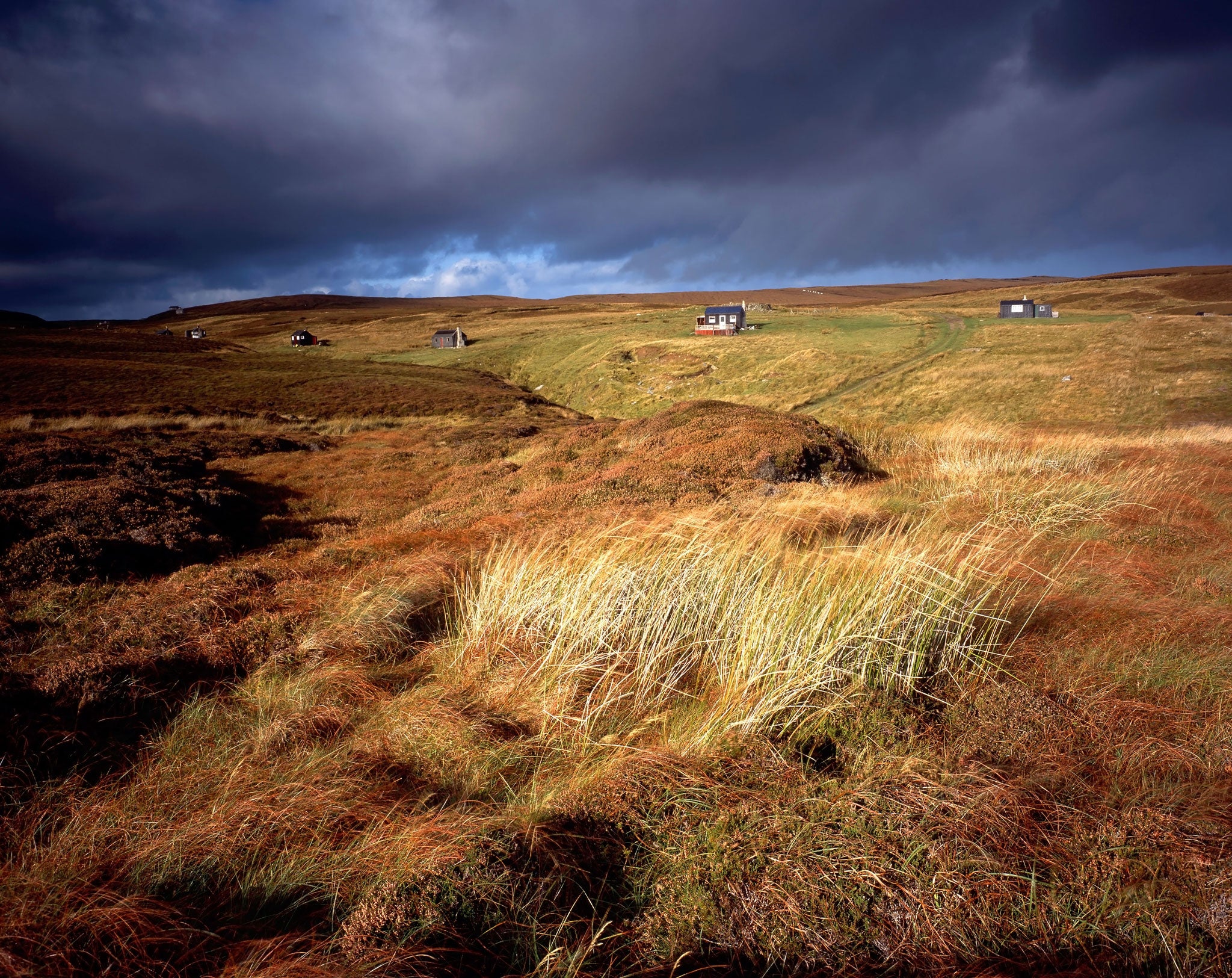My Scottish awakening, helped by horizontal sleet


Your support helps us to tell the story
From reproductive rights to climate change to Big Tech, The Independent is on the ground when the story is developing. Whether it's investigating the financials of Elon Musk's pro-Trump PAC or producing our latest documentary, 'The A Word', which shines a light on the American women fighting for reproductive rights, we know how important it is to parse out the facts from the messaging.
At such a critical moment in US history, we need reporters on the ground. Your donation allows us to keep sending journalists to speak to both sides of the story.
The Independent is trusted by Americans across the entire political spectrum. And unlike many other quality news outlets, we choose not to lock Americans out of our reporting and analysis with paywalls. We believe quality journalism should be available to everyone, paid for by those who can afford it.
Your support makes all the difference.I have just returned from a trip to the Isle of Lewis in the Outer Hebrides. It’s the most northerly I’ve ever been while still in Britain and, on admittedly superficial evidence, my contentious belief that people get nicer the further north you go in the United Kingdom appears to hold true. It would be tempting to suggest that the inhabitants of this outpost reflect an environment that’s cold, rugged, insular, and brooding, but the opposite was the case. Warm, welcoming, modest and outward-looking: these were the clearly apparent qualities of the Hebrideans I met.
I learned a few things in the course of my trip, and experienced more weather in a short time than I believed possible. The one constant was the wind, blowing at gale force strength throughout, but I’ve never seen conditions change so dramatically, and quickly. One minute the sun was shimmering over the lochs and waterways, and the next the sky was black, biblical, the heavens ready to open. I’d never encountered horizontal sleet before, and on a 25-minute drive back to the airport at Stornaway we experienced torrential rain, a blizzard, and then sparkling sunshine.
On a visit to the Harris Tweed factory, I discovered what tenterhooks are – they are used to fasten the cloth while it’s drying. Another fascinating fact: there’s an extraordinarily long runway at Stornaway airport. In the Second World War, Churchill was worried that the Germans might take out the airfields in England, so he ordered the building of large runways in remote locations. Apparently, there’s one in the islands where a space shuttle could land.
But my biggest discovery was that I realised how much, particularly at this moment, I’d like to be Scottish. It’s not just the romance of their Braveheart history, or the accent, or the majesty of the landscape, or even “Flower of Scotland”. It’s also the fact that here is a place where democracy has come alive, where voting matters, and where the electorate is truly engaged in the political process. The Scottish independence referendum demonstrated that democracy can indeed be by the people and for the people, and that’s because every single vote counted. (Too many voters in the UK feel disenfranchised by our outdated and unfair first-past-the-post system for Westminster elections.)
The political energy that was sparked by the referendum battle has carried on to the general election in Scotland, where some Labour MPs fear losing their seats in double-digit swings to the nationalists. It’s a febrile situation where anything could happen. It is too simplistic to suggest that there will be a straight read-across from the referendum vote, and that anyone who voted Yes then will put their cross by the SNP now. But what the nationalists have done by concentrating their energies on a single, emotive issue is to turn a vote into an article of faith, to return politics to a matter of belief.
I remember when politics was always thus: you were either conservative or socialist. As successive Westminster parties have colonised the middle ground, politics has become more consensual, more reasonable, and as a result less exciting. In Scotland, they do things differently.
Join our commenting forum
Join thought-provoking conversations, follow other Independent readers and see their replies
Comments